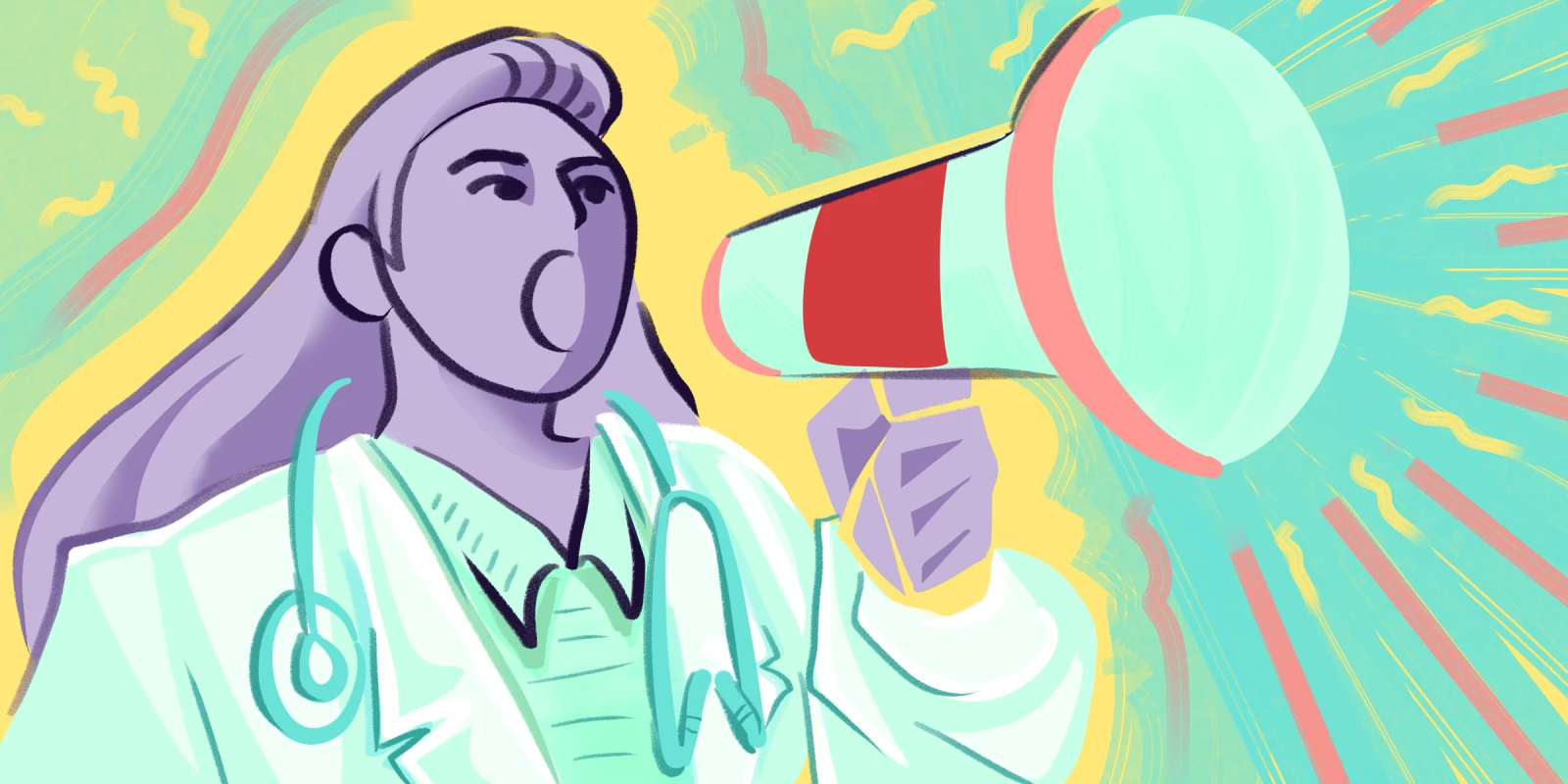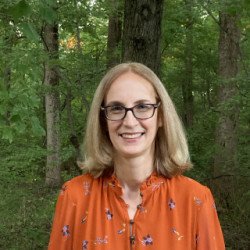Listen to this article by clicking below.
In my heart, I am a political activist. I care strongly about a lot of issues. I have attended a few marches and protests through the years. Occasionally, I leave a message at my senator’s office, or sign a petition on change.org, and I vote in almost every election, even local ones.
I am a primary care physician, and a parent of two school-aged boys, and I am so many other things in my aspirations (writer, community volunteer, yoga enthusiast), but most of my days are completely full with treating patients, then dinner and homework with the family, and maybe another hour or two finishing the day’s notes and messages. I may end the night by scrolling on my phone or polishing off a few word puzzles. Most days, I don’t have the bandwidth to do much more.
However, recently, for a very brief time, I was an activist.
A colleague invited me to a training run by Physicians for Social Responsibility on how to write a letter to the editor. I accepted the invitation and put it on my calendar. The great thing about putting an event on your calendar is you’re more likely to do it than a vague thought of “I would like to be more politically active.” That’s the reason that I usually finish the novel for my book club, while the rest of my reading list may languish.
I went to the meeting. We received a quick tutorial and then there was time to write a practice letter. I decided to respond to an article that had caught my eye in the previous day’s Philadelphia Inquirer — it was a topic that I cared about, and was important to my patients, but I knew I was by no means an expert. I wrote the letter in the 15 minutes allotted. “I am going to submit this,” I said aloud to the group, wanting to hold myself accountable.
The next morning I looked at the letter. It was not very good. If I was a better person, I would flesh it out. I would add supportive evidence. I would look up some references. But I had to get the kids to school and myself to the office. What the heck, I thought, I promised. I entered the email address and pressed “Send.”
As physicians, we are often perfectionists. If we are good physicians, we read our journals and complete our CMEs. We study and practice. We read the lab reports with a practiced eye, and we double check the dose before we send the prescription. We are experts in our field, and we know the best experts in other fields when our patients need a referral. If we are good physicians, we know what we don’t know.
We are not used to being amateurs. We may want to do more for our communities, but it can be hard to believe that our ideas have value when there is always someone out there with more training and more knowledge. Why write the op-ed when there is a professor at the local university who actually studies the issue? Why lobby the state representative when she may ask a question that you don’t know how to answer?
Maybe we should leave the activism to the experts.
And yet. Aren’t we activists at our cores? We fight for our patients, whether it is calling the insurance company for the MRI approval, or lobbying visit after visit for Mr. Jones to take the statin that might prevent his second MI. In our clinics, we see the end result of systemic problems in our society. We can get frustrated and let it beat us down. Or we can let it inspire us. For me, working for a cause I believe in is a fabulous burnout buster. It expands my scope of practice. It activates and energizes. It feels good.
A week after I submitted my letter, I received an email from a patient saying he had read my thoughts in his morning newspaper. I was published! I had an extra spring in my step all day. A few weeks later, I got an email from the organization that had sponsored the workshop. Could they use my letter for training at future programs? I was featured in their local newsletter as a success story. By this point I was feeling a bit ridiculous. I read my letter again. It is basic and not very informed. I doubt that it will make much of a difference. But it is my thoughts and my heart, and it’s out there — not stuck in my head with all my other good intentions.
What if done is better than perfect? What if saying “something” is better than having the perfectly scripted line that goes unsaid? What are the things we put off doing because we want to do them perfectly? How can our years feel fuller by adding a few minutes of action to our days?
Now I am seeing what else I can accomplish in my found bits of time. I am making the calls, signing the petitions, finding out what I can do for the politicians I support in the upcoming elections.
What causes matter the most to you? You have a voice. You have 15 minutes. Now, use it! Whatever you do, it doesn’t have to be perfect.
Melissa Schiffman, MD is a community-based primary care physician who practices in Suburban Philadelphia. She enjoys books, birds, gardens, and word nerdery. Her favorite medical term is "borborygmi." Find her on Twitter at: @MSchiffmanMD. Dr. Schiffman is a 2022–2023 Doximity Op-Med Fellow.
Illustration by April Brust






